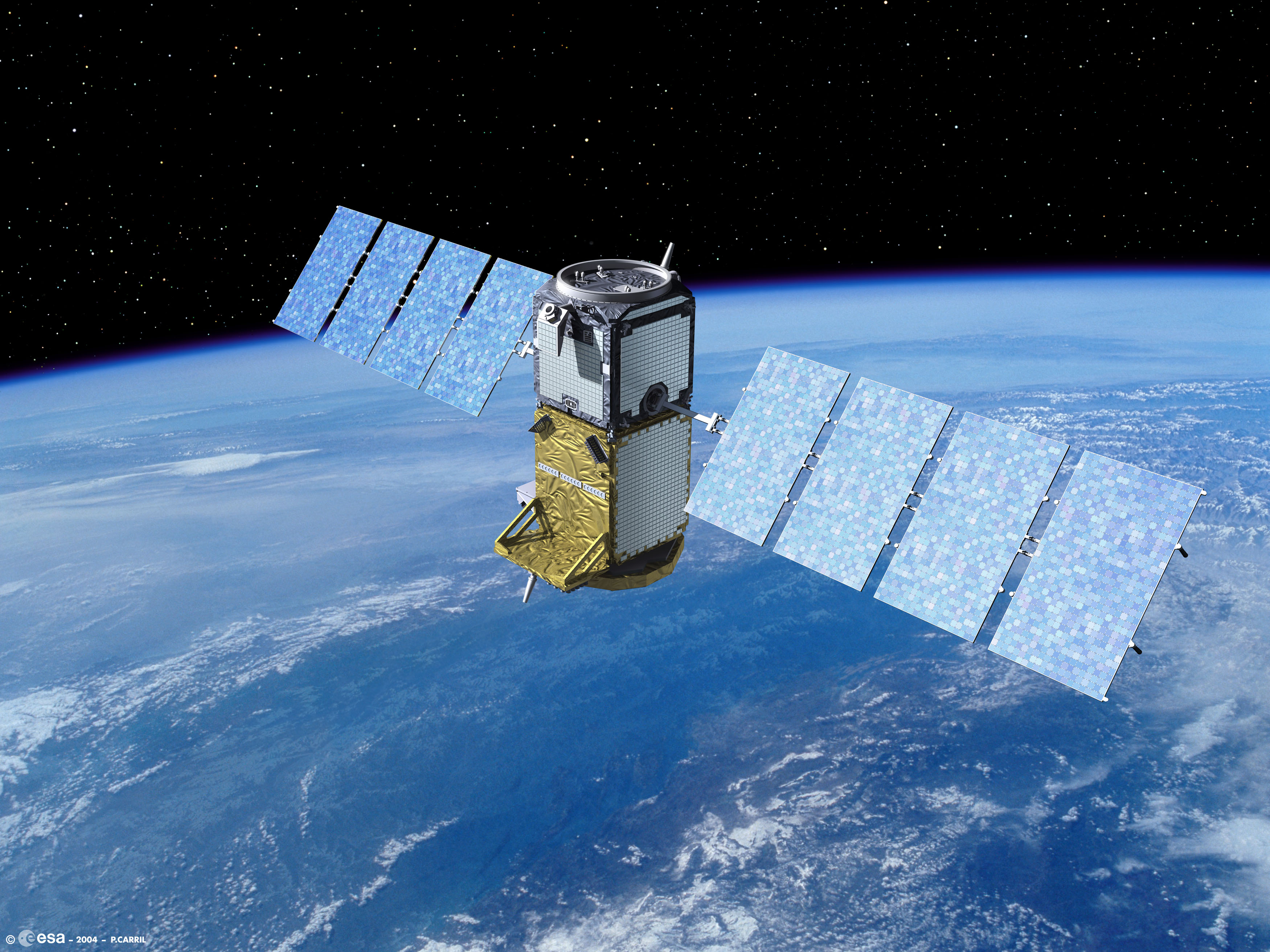

Isle of Man-based Manx Telecom and satellite firm Globalstar are to co-develop a hybrid cellular-satellite communications system, claiming the combination of the two technologies will ensure ubiquitous and affordable connectivity for emergency services and first responders.
The system, called Extended Mobile Network (EMN), will use Manx Telecom’s ‘Smart SIM’ technology to seek alternative cellular connections if cut off from the primary operator, and then switch to Globalstar’s satellite network if no terrestrial connection is available.
Globalstar said its satellites orbit at 1,400km (900 miles) above the Earth, close enough to ensure latency is not an issue, and that one or more satellites should be visible at any given point on the planet – improving reliability.
The partners say that providing satellite connectivity to mobile devices directly is far more efficient than satellite backhaul, used to connect masts to the wider network, because the latter is still reliant on mobile infrastructure not being disrupted.
This would appeal to emergency services dealing with an incident in rural areas with limited mobile coverage and during natural and man-made disasters which could cause mobile infrastructure to be disrupted.
For example, during the recent terrorist attacks in Brussels, people were urged not to use mobile phone networks unless absolutely necessary so that capacity was not saturated, while earthquakes and floods can take some infrastructure offline.
Trials of EMN will start later this year and the system is intended to work with existing smartphones and tablets.
“Together with our partners, we intend to show that satellite communications, combined with Manx Telecom’s flexible Strongest Signal SIM technology, can provide much-needed balance and backup to the emergency communications architecture and dramatically increase overall reliability,” added Gary Lamb, Manx Telecom CEO.
In the UK, EE has won a £1 billion contract to deliver a new 4G Emergency Service Network (ESN), which replace the existing TETRA system, allowing police, ambulance and fire services to access data services and applications.
Vodafone has deployed pop-up 4G networks in a number of disaster zones, including Nepal and the Philippines, including its ‘Network In A Backpack’ system.
How much do you know about UK mobile operators? Try our quiz!
Deliveries of Telsa's 'bulletproof' Cybertruck are reportedly on hold, amid user complaints side trims are…
New feature reportedly being developed by Apple for iOS 19, that will allow AirPods to…
Binance BNB token rises after WSJ report the Trump family is in talks to secure…
After failed Amazon deal, iRobot warns there is “substantial doubt about the Company's ability to…
Community Notes testing across Facebook, Instagram and Threads to begin next week in US, using…